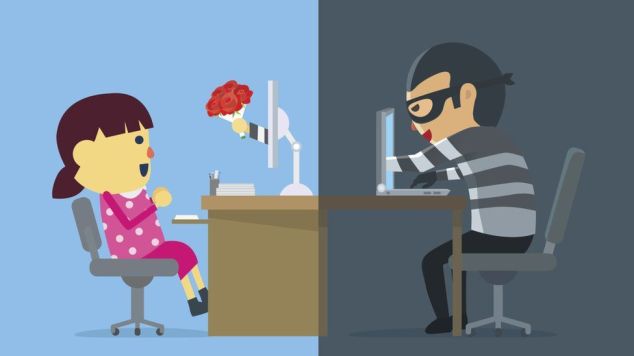
Social networking can be used in a variety of ways from personal to corporate to and beyond. Facebook, Instagram, and Twitter users use the platform to constantly update their network of “friends” about what they’re doing, what’s on their mind, discuss hot topics. They use it to find events, new restaurants, news and so much more. According to an article by Chicago Tribune “Facebook Adding Search Feature,” the social networking platform also aids in helping its users to stumble on new information due to the fact that they’re “…Able to tailor their searches, such as by specifying music and restaurants that their friends like, or their favorite dentist. The reverse is also possible, such as discovering friends who have an interest in a particular topic.” As far as corporate goes, social networking can be used to vastly market to individuals at a much lesser cost than traditional advertising like TV. It also allows businesses to better target their customers, as well as raise awareness of their brand and create a real connection with its customers that go beyond traditional advertising. It gives them a platform to be current and even vocal about events and social issues going on in the world, which humanizes them. It can be used to make connections with other professionals and lead to a potential job offer, thanks to new social networking platforms like Linkedin. In an NPR article “Social Networking Boosts Facebook Recruiting,” the author mentions that recruiters love the platform due to that fact that they by simply “Typing keywords into a search engine, Crawford can scrape the entire network to dig out high-quality candidates that she can’t find elsewhere.
According to an article by Techmaish “10 Disadvantages and Advantages of Social Media for Society,” although social networking does have some cons, it doesn’t take away from the fact that it’s been very beneficial to society. It goes onto list connectivity, education, help, information and updates, promotion, noble cause, awareness, government assistance in fighting crime, improves business reputations, and aids in building communities as advantages. Social networking has certainly helped to achieve a very connected world. I’ve made several friends through Instagram, that I never would have gotten the chance to interact with in real life if it weren’t for the social platform connecting us in the first place. The network has helped me in promoting my personal brand, and gaining over 15,000 followers that have aided in my securing sponsorships, landing job opportunities, and making money. However, I can admit that social networking does have its dark side. Our privacy is a main concern when it comes to how much these social platforms know about us and how much is being shared with third parties, potential employers, and worst of them all – the government. There’s also the issue of our identities being stolen, according to Wharton’s article “How Online Social Networks Are Redefining Privacy and Personal Security.” The author says “Third-party applications, he argued, can take that data outside of the friendly confines of a social networking site and combine it with data from other sources to piece together enough information to steal a person’s identity.” “Approximately 15 million United States residents have their identities used fraudulently each year with financial losses totaling upwards of $50 billion,” according to and article by IdentityTheft.info. This begs the question of how safe we really are on the Internet. The issues are indeed troubling, but I have hope that it will indeed improve in the future. Cybercrime fighting has been fighting these issues proactively by hiring hackers who understand just how hackers think and are able to steal info and override data. It’s actually a good thing that these issues are coming to light, because if there weren’t any problems, there wouldn’t be a need to focus on a better safe and encrypted Internet, which could’ve posed a far worse threat later on down the line.
I believe social networking will evolve in various ways-the way we connect we go beyond a simple comment under a person’s photo, or a request to connect with a recruiter on LinkedIn. I’m not sure how it will transform exactly, but I know the policies these social media platforms have created will continue to update as the years go on and legalities of social media change.



